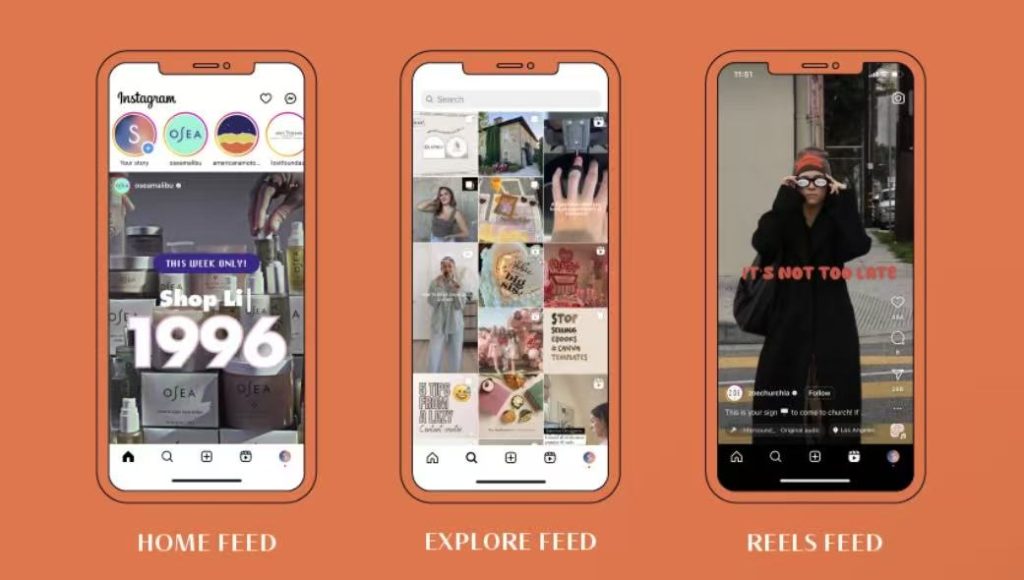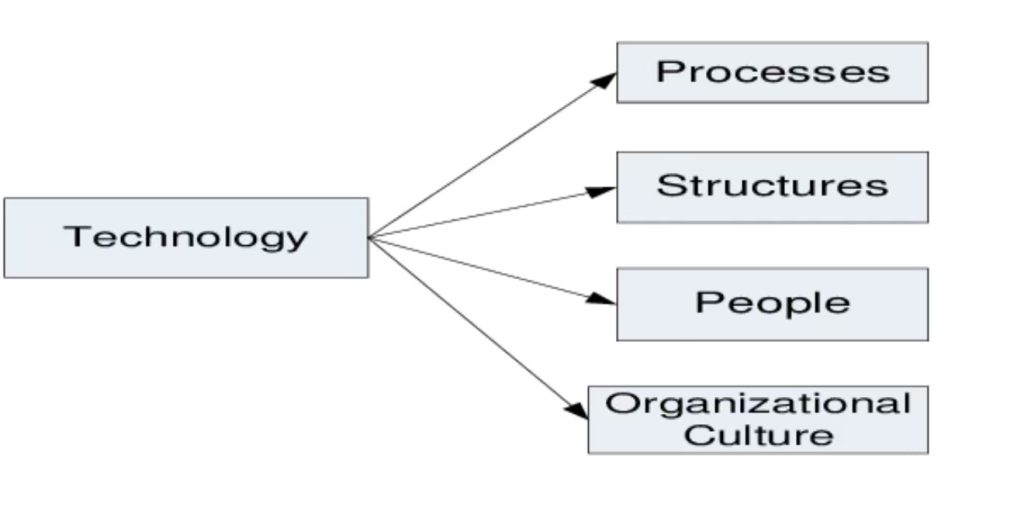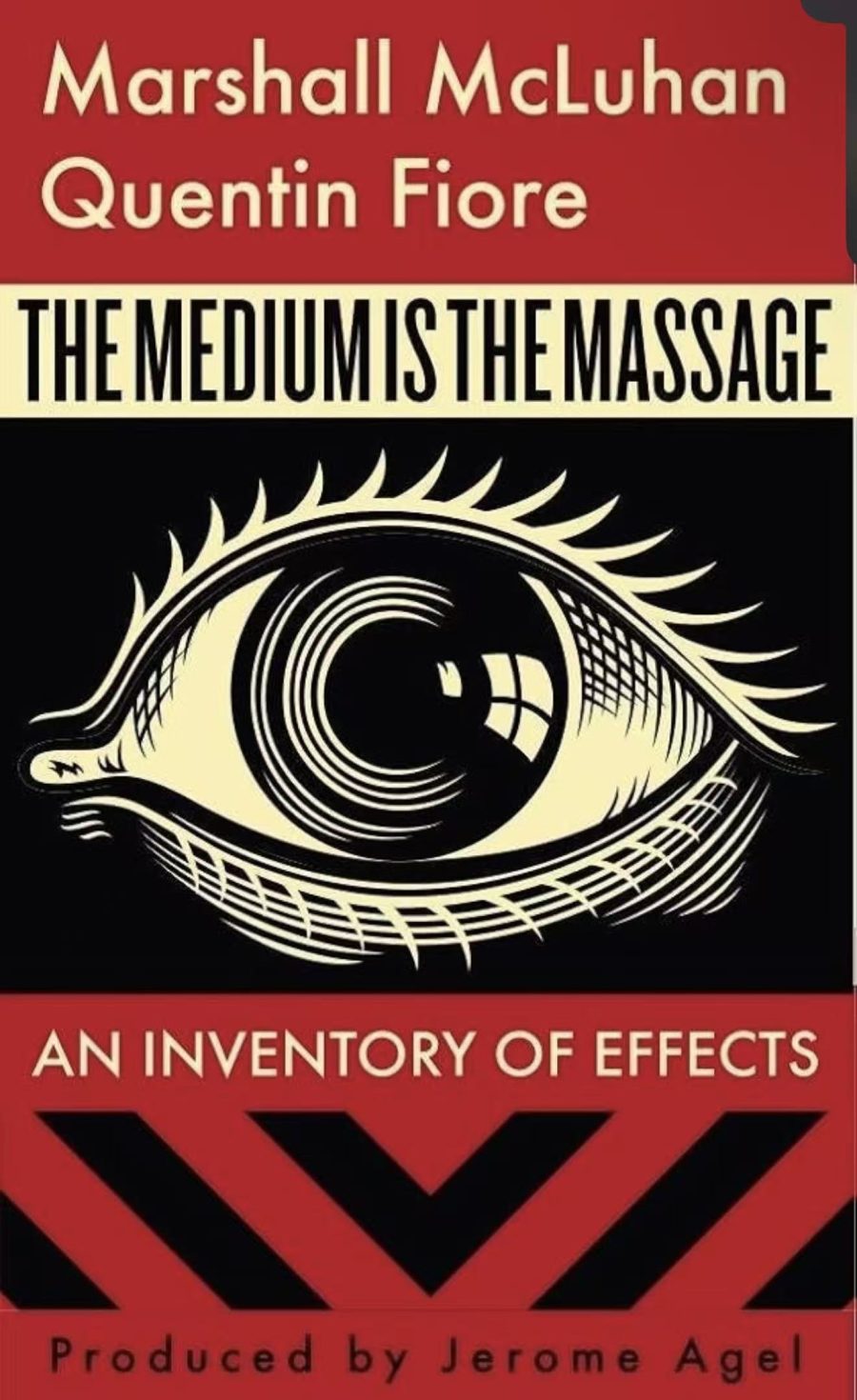Medium Theory argues that the form or technology of a medium itself—not just the content it carries—shapes human perception, culture and society. As Marshall McLuhan famously wrote: “The medium is the message.”
In other words: different media (print, television, internet, social media) change how we think, communicate, and build social reality.
In today’s digital age, new media technologies (e.g., social platforms, AI, short videos, smartphones) amplify the medium’s impact in several ways:
- Fragmented information reception: algorithmic feeds divide content into short segments, received by scrolling. (e.g., TikTok, Instagram Reels)
- Attention economy: platforms monetize attention, content is designed for quick spread and engagement.
- Compression of time & space: digital media break down geographic/temporal boundaries, enabling real-time global interaction.
- Identity fluidity & construction: online personas can be edited, created, staged — the medium becomes a “stage” for the self.
- Media convergence: multiple functions (news, TV, camera, payment) merge on a single device (smartphone).

- Technological Determinism (McLuhan / Postman): Technology shapes society’s structure and ways of thinking.
- Media Ecology (Neil Postman): Media system is like an ecosystem—media interact and influence culture and society.
- Network Society (Manuel Castells): Digital media build global networks; power flows through information exchange.
- Digital Materialism (e.g., Matthew Fuller): The “materiality” of media technologies determines their social functions and power relations.

In the digital world, media are no longer just tools for transmitting information. They shape how we perceive, how we relate, and how our culture is organized.
Understanding the medium itself = Understanding contemporary society.
Reference
McLuhan, M. (1964) Understanding Media: The Extensions of Man. New York: McGraw-Hill.
Postman, N. (1985) Amusing Ourselves to Death: Public Discourse in the Age of Show Business. New York: Viking Penguin.
Postman, N. (1970) The Reformed English Curriculum. In A.C. Eurich (ed.) High School 1980: The Shape of the Future in American Secondary Education. New York: Pitman Publishing.
Castells, M. (2000) The Rise of the Network Society. 2nd ed. Oxford: Blackwell.
Fuller, M. (2005) Media Ecologies: Materialist Energies in Art and Technoculture. Cambridge, MA: MIT Press
Turkle, S. (2011) Alone Together: Why We Expect More from Technology and Less from Each Other. New York: Basic Books.


Vivid explanation with photos and examples of McLuhan’s theory. But this opinion is controversial, I suggest you can think some opposite opinions from other theorists. They said the impact of new media form depends on technology development and people’s needs, and we should consider more factors.
This post gives a clear and accessible overview of Medium Theory and nicely links McLuhan’s ideas to today’s digital media. However, it mainly summarizes rather than critiques. The argument leans toward technological determinism and could discuss more how users, culture, and power also shape technology. More critical reflection on issues like algorithmic bias, inequality, and the ethics of attention would strengthen the analysis.